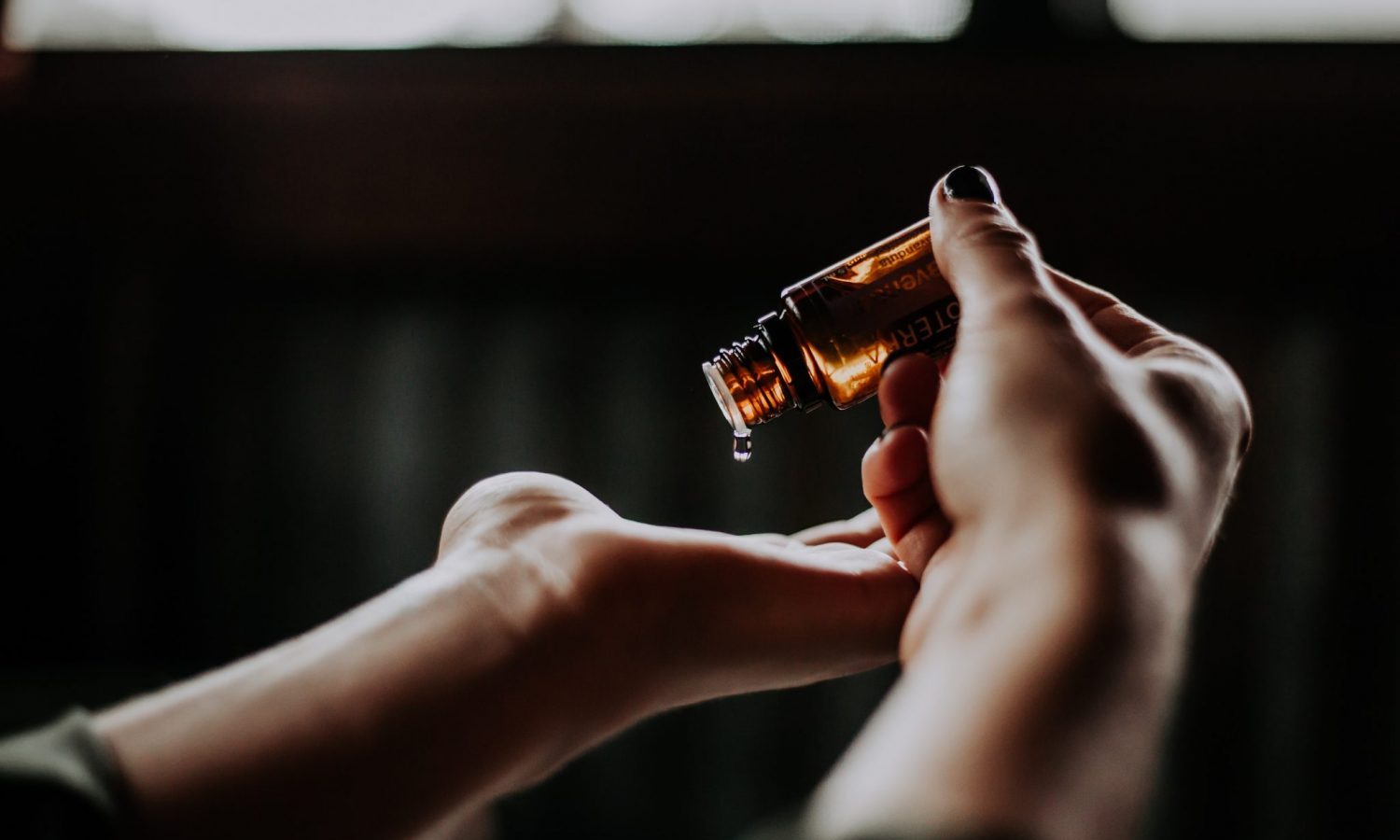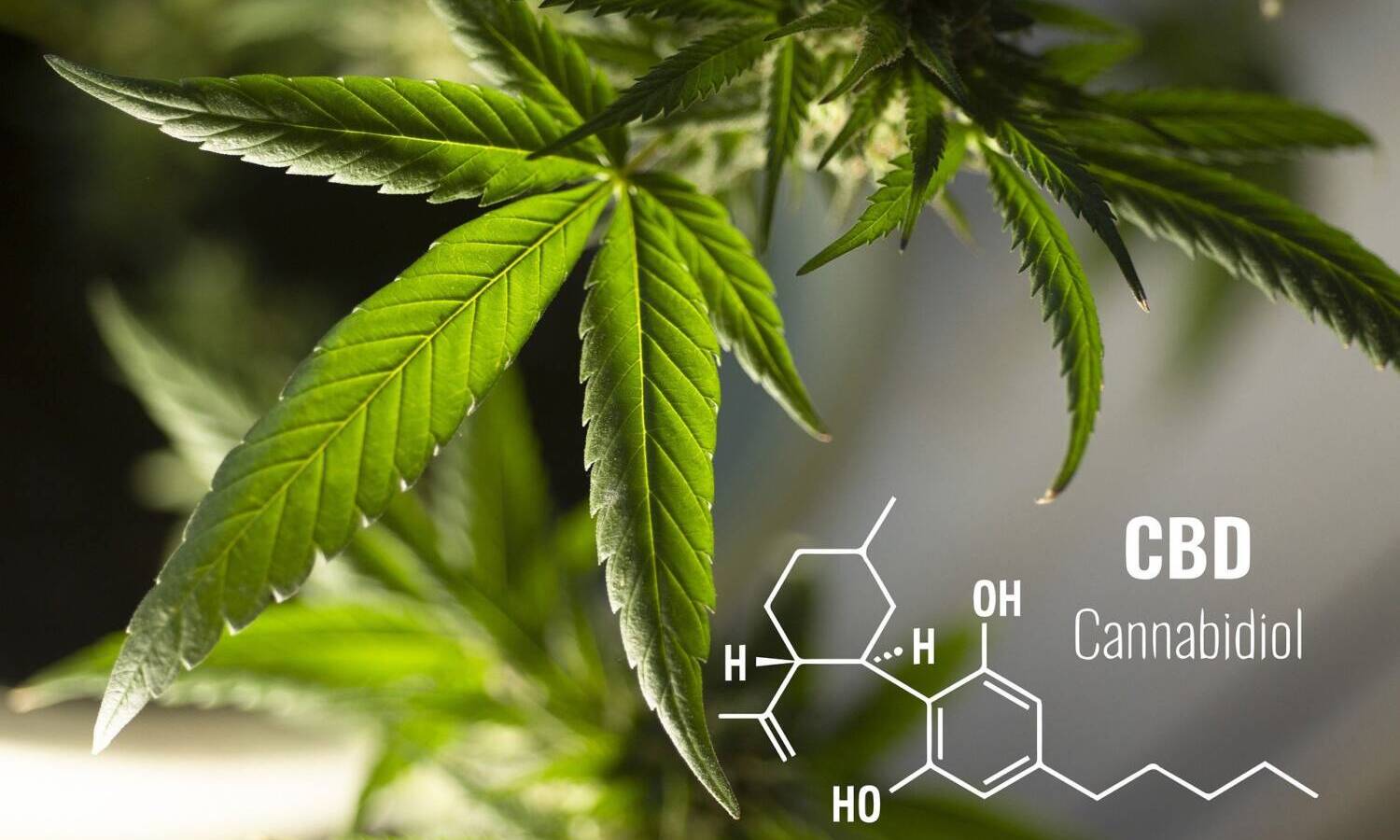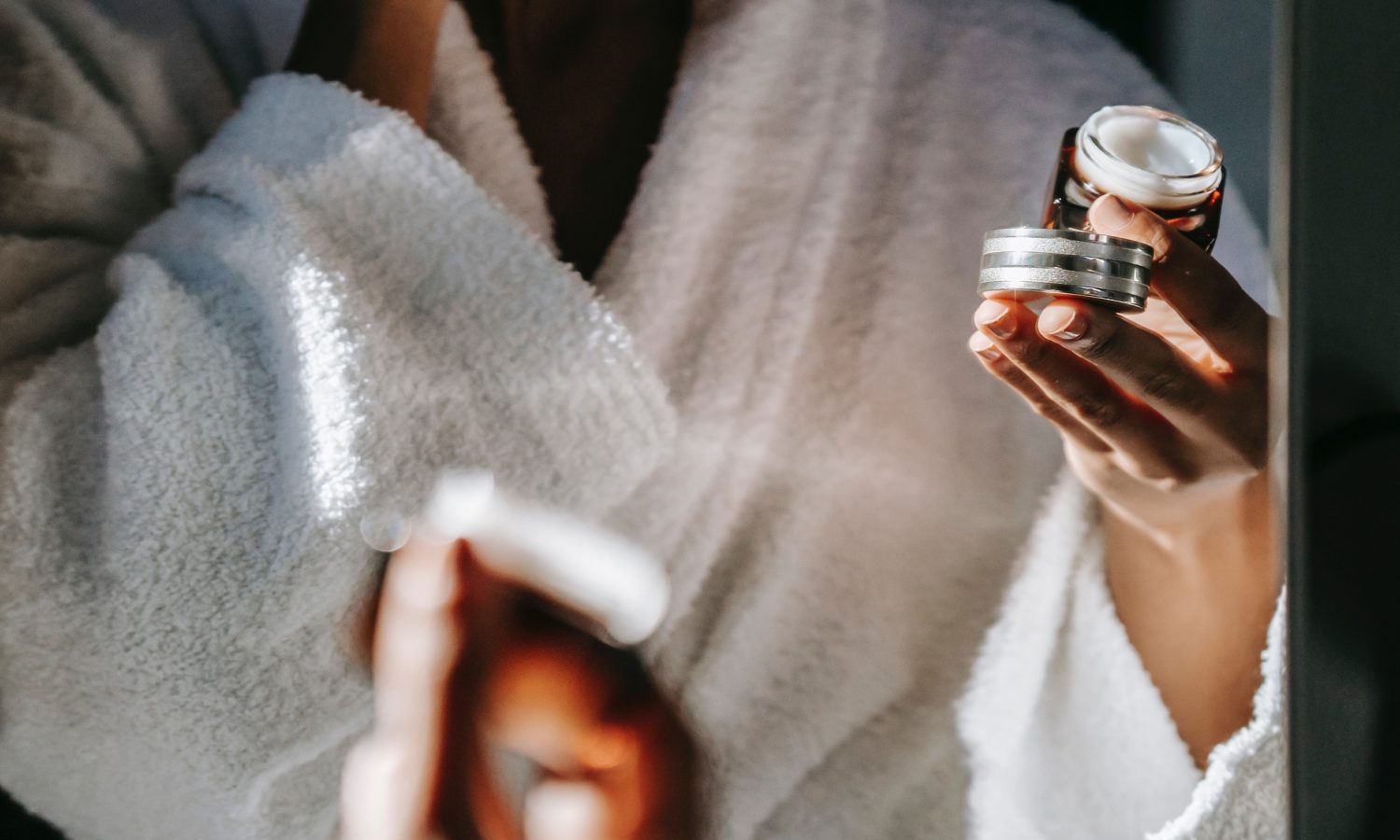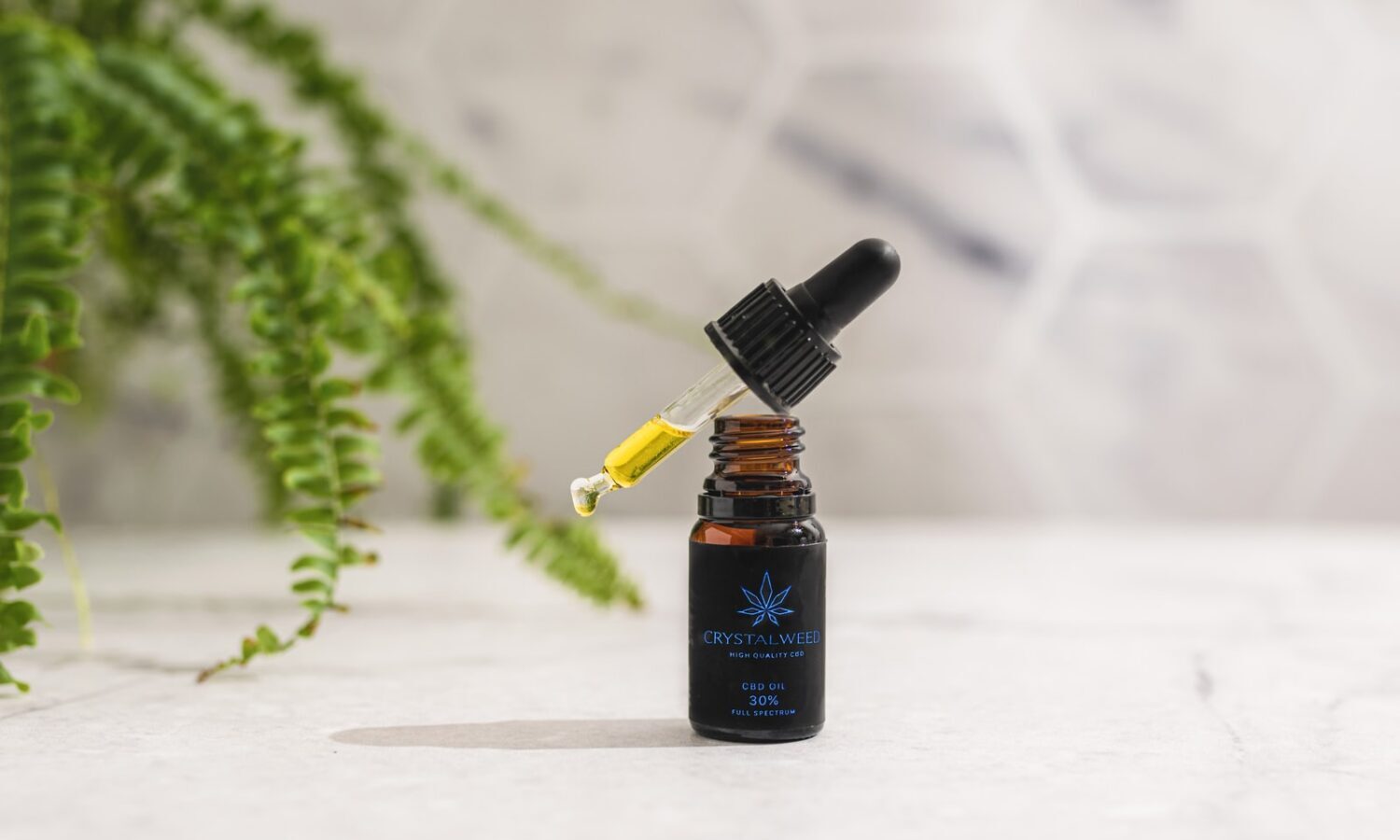
By
In a new study, Johns Hopkins Medicine researchers tested more than a hundred topical cannabidiol (CBD) products, that are available online and at retail stores and found “significant evidence of inaccurate and misleading labeling of CBD content.”
In addition, some of these products claimed to be free of THC, the main active ingredient in cannabis that can cause a “high.” However, the study showed that some of these nonprescription products actually contained amounts of THC (delta-9 tetrahydrocannabinol).

RELATED: Report: CBD Content On Labels Differs From Levels Found In Actual Products
Moreover, researchers found that some CBD products made therapeutic claims not approved by the U.S. Food and Drug Administration (FDA).
“To date, the FDA has only approved one prescription CBD product to treat seizures associated with rare epilepsy disorders, and two prescription THC products for nausea and vomiting associated with chemotherapy and for loss of appetite and weight loss associated with HIV/AIDS,” reads the study published July 20 in JAMA Network Open, and supported by the Substance Abuse and Mental Health Services Administration (SAMHSA).
Tory Spindle, Ph.D., assistant professor of psychiatry and behavioral sciences at the Johns Hopkins University School of Medicine, and lead author of the study expressed that “misleading labels can result in people using poorly regulated and expensive CBD products instead of FDA-approved products that are established as safe and effective for a given health condition.”
“Recent research has shown that people who use CBD products containing even small amounts of THC could potentially test positive for cannabis using a conventional drug test,” Spindle added. However, that has not been determined yet for topical CBD products.
Study Results
Researchers purchased 105 CBD topical products, including lotions, creams, and patches, to begin the study. Those products were tested using a technology called “gas chromatography-mass spectrometry” to identify the actual amount of CBD and THC they contained.
“Only 89 (85%) of the 105 tested products listed the total amount of CBD in milligrams on the label. Of the 89 products, 16 (18%) contained less CBD than advertised, 52 (58%) contained more CBD than advertised, and 21 (24%) were accurately labeled,” stated the study.

RELATED: CBD Is Expensive: How The Industry Can Re-Think Its Pricing For Consumers
“On average, the in-store products contained 21% more CBD than advertised and the online products contained 10% more CBD than advertised, though CBD label accuracy varied widely across products.”
THC was detected in 37 (35%) of the 105 products, though all were within the legal limit of 0.3%. Four (11%) of those 37 were labeled as “THC free,” 14 (38%) stated they contained less than 0.3% THC and 19 (51%) did not reference THC on the label.
“Of the 105 products, 29 (28%) made a therapeutic claim, mostly about pain/inflammation, 15 (14%) made a cosmetic/beauty claim (e.g., that they alleviate wrinkles or nourish/improve skin) and 49 (47%) noted they were not FDA approved. The other 56 (53%) products made no reference to the FDA,” expressed the researchers.
“It’s important to note that the FDA has not approved CBD products to treat any of the conditions advertised on the products we tested,” added Spindle, who also is a faculty member at the Johns Hopkins Cannabis Science Laboratory.
Ryan Vandrey, Ph.D., professor of psychiatry and behavioral sciences at the Johns Hopkins University School of Medicine and the study’s senior author said that “the variability in the chemical content and labeling found in our study highlights the need for better regulatory oversight of CBD products to ensure consumer safety.”
The study’s authors understood that “such regulation would ensure CBD products meet established standards for quality assurance so consumers can make informed decisions about product selection and are not misled by unproven therapeutic or cosmetic claims.”
The researchers concluded the study by saying that people should consult with their doctor before starting any CBD regimen.

Is The Labeling Of Cannabis Products Assertive?
According to another study that examined almost 90,000 samples across six states, labels on cannabis products are not very useful since researchers found that “commercial labels do not consistently align with the observed chemical diversity,” of cannabis products.
Researchers asked for a labeling system similar to the FDA’s “nutrition fact panel” for food. “Our findings suggest that the prevailing labeling system is not an effective or safe way to provide information about these products,” said co-author Brian Keegan, an assistant professor of Information Science at CU Boulder. “This is a real challenge for an industry that is trying to professionalize itself.”
This article originally appeared on Benzinga and has been reposted with permission.



